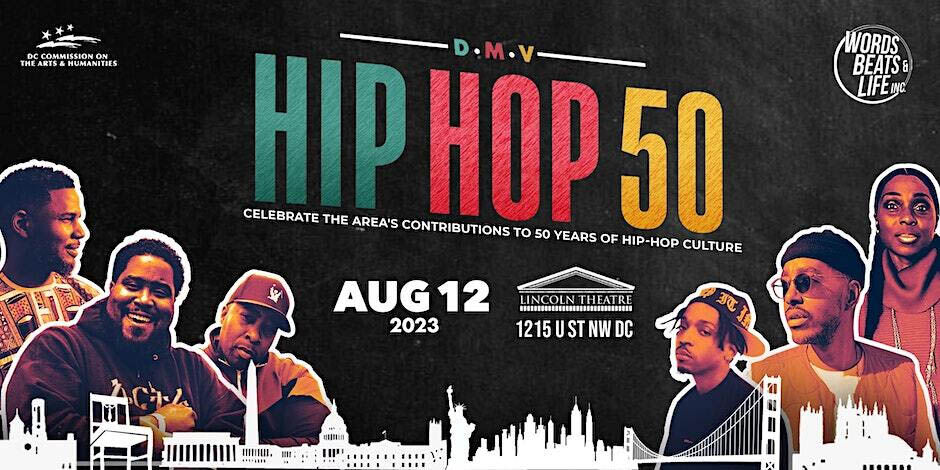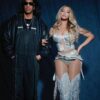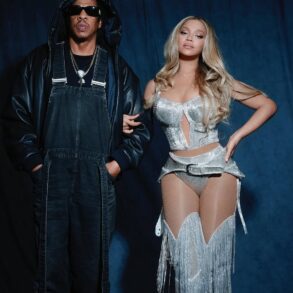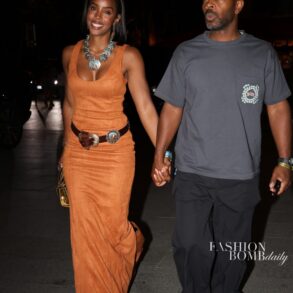
Friday marks the 50th anniversary of hip-hop, and one rapper who was born in D.C. said it’s something local residents should be proud of.
“I think it’s very important,” said Oddisee, who dropped his 2023 album To What End in January. “D.C. has played an integral part in the hip-hop scene.”
While Oddisee was born in the District, he was raised in neighboring Prince George’s County, Maryland.
He lives in New York City now, but he is coming back for a Saturday night show at Lincoln Theatre in D.C.
“We love the genre for what it’s given us, and we also love our local contributions to it,” Oddisee said. “To celebrate that together is a beautiful thing.”
The show is free, but you need to reserve tickets in order to attend.
“I’m humbled and honored to represent D.C. hip-hop on a stage,” Oddisee said. “Now I get to come back home and celebrate this entire journey with my family.”
Hip-hop was born in the break — the moment when a song’s vocals dropped, instruments quieted down and the beat took the stage.
At the hands of the DJs, that break moment became more: A composition in itself.
The MCs got in on it, speaking their own clever rhymes. So did the dancers, b-boys and b-girls.
Hip-hop spread around the country and the world. At each step: Change and adaptation.
Art, culture, fashion, community, social justice, politics, sports, business — hip-hop has impacted them all.
Those looking for a starting point landed on Aug. 11, 1973, when Clive Campbell, known as DJ Kool Herc around the Bronx, deejayed a party. Campbell had started extending the musical breaks of records and speaking over the beat.
It wasn’t long before the style could be heard all over New York City.
In 1979, The Sugarhill Gang put out “Rapper’s Delight” and introduced a rap record that would reach as high as 36 on Billboard’s Top 100 chart list.
The Associated Press contributed to this report.
This post was originally published on this site be sure to check out more of their content.








